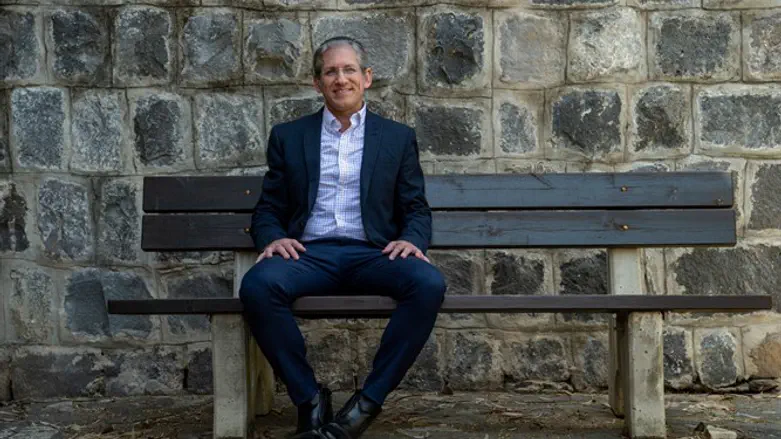
Throughout the generations, many rabbis and commentators dealt with the question of how did Adam sin? How could sin be a possible choice in a reality in which Adam sees G-d and speaks to Him directly?
The Sages claimed that the first action that enabled the sin was the prohibition that Chava added, the prohibition to touch the Tree of Knowledge, since once she realized there were no consequences to touching the tree, she was tempted to eat from the fruit of the forbidden tree.
However, reading carefully through the text might indicate that there was a preliminary error of Chava. When she describes the divine prohibition to the serpent, she says as follows: “The woman replied to the serpent, 'We may eat of the fruit of the other trees of the garden. It is only about fruit of the tree in the middle of the garden that God said: “You shall not eat of it or touch it, lest you die.'”’”
Chava made a fundamental deviation from the original commandment of G-d: “And the LORD God commanded the man, saying, ‘Of every tree of the garden you shall eat; but as for the tree of knowledge of good and bad, you must not eat of it; for as soon as you eat of it, you shall die.’”
The initial and preliminary commandment to Adam and Chava was to eat: " And the LORD God commanded the man, saying, ‘Of every tree of the garden you shall eat’ “. This was not merely a permission rather a commandment! G-d gave them a positive commandment before the prohibition. He commanded them to enjoy and benefit from the abundance of the Garden of Eden.
Chava, however, distorted the words of G-d when she said: " We may eat of the fruit of the other trees of the garden". She did not mention that this was a commandment, rather a natural behavior - "we may eat". The only time she mentioned the divine commandment was regarding the prohibition: "It is only about fruit of the tree in the middle of the garden that God said: “You shall not eat of it or touch it, lest you die.”"
Chava perceived G-d as a "police officer" whose intention was to invent prohibitions and restrictions in order to make life more difficult. In her perception, the main role that G-d played in the creation was to prohibit and restrict, yet not everything is forbidden since we need to live and must eat from some of the trees to survive.
The mistake of Chava is something we tend to repeat in every generation. The Torah is supposed to be a Torat Chaim, a natural Torah which is supposed to elevate our lives and make them more meaningful in a way that even the pleasures and joys of this world, like eating, are part of the Torah's fulfillment. But when we lose sight of that internal and natural aspect of the Torah, when the Torah becomes only an external framework of rules and restrictions, when we perceive the commandments as a yoke from which we wish to break free, we tend to add more external prohibitions and unnecessary stringencies (Chumras), just as Chava did when she invented the stringency (Chumra) not to touch the tree. When we don't have a direct and intimate relationship with G-d, the tendency to seek and invent new stringencies can sometimes actually be an escape...
In the first Parsha of the Torah, G-d clarifies that the Torah is not merely a collection of prohibitions and decrees, but a way of life. The Torah is not a joy-killing mechanism, but rather a system meant to refine the joys of life and elevate then to a spiritual dimension. As a result of the sin, Adam and Chava lost access to the Tree of Life as they were expelled from the Garden of Eden. But, G-d gave us a substitute for the Tree of Life - the Torah which is defined as "a tree of life for those who grasp it, and those who draw near it are fortunate."
As the new year begins, and as we start again from Bereshit, let's hope and pray that we will be privileged to walk on this special path of Torat Chaim, a path that does not deny life rather uplifts them, a golden mean that enables us to internalize the Torah while having unqualified love to the Lord of the Universe.
Rav Ronen Neuwirth, formerly Rabbi of the Ohel Ari Congregation in Ra'anana is author of “The Narrow Halakhic Bridge: A Vision of Jewish Law in the Post-Modern Age”, published by Urim Publications.